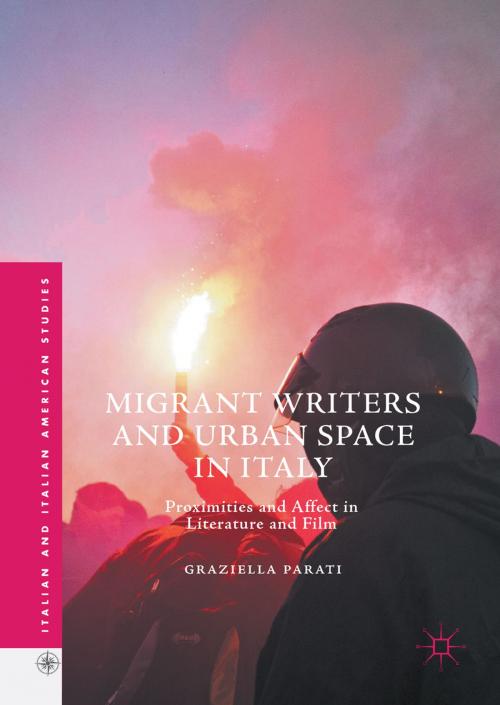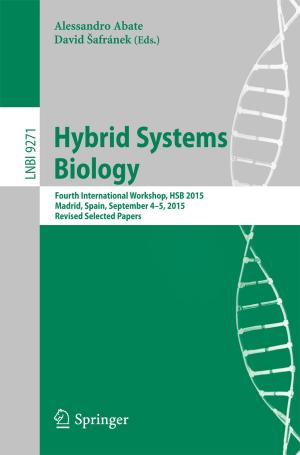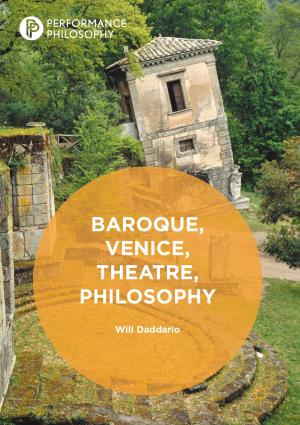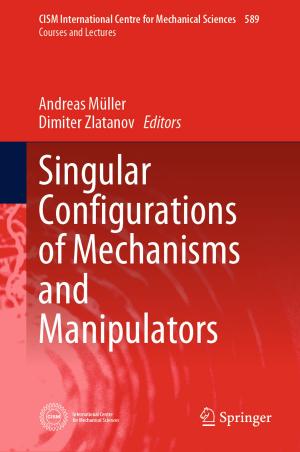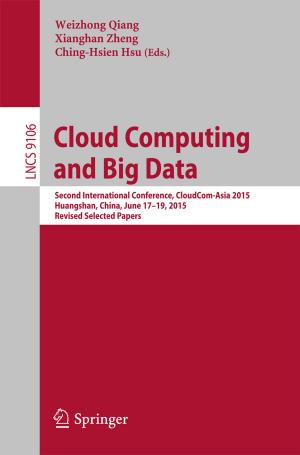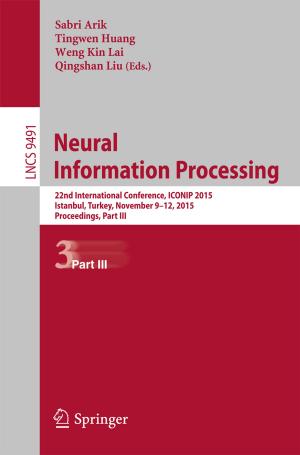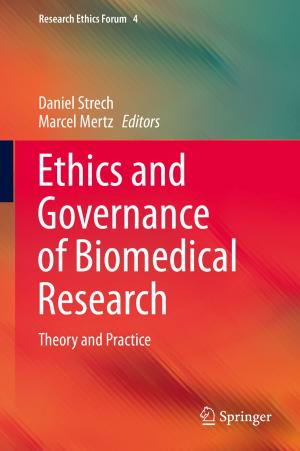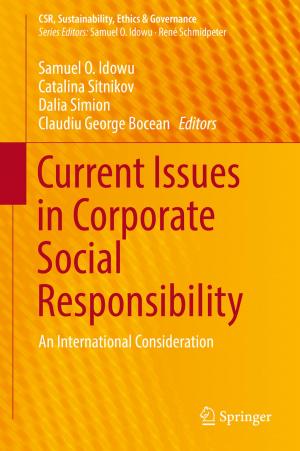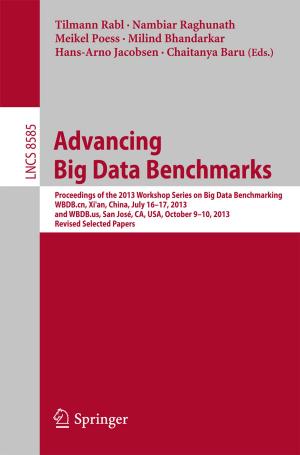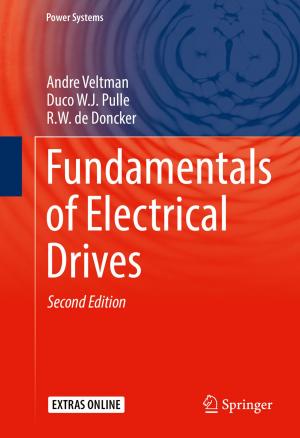Migrant Writers and Urban Space in Italy
Proximities and Affect in Literature and Film
Fiction & Literature, Literary Theory & Criticism, European| Author: | Graziella Parati | ISBN: | 9783319555713 |
| Publisher: | Springer International Publishing | Publication: | September 15, 2017 |
| Imprint: | Palgrave Macmillan | Language: | English |
| Author: | Graziella Parati |
| ISBN: | 9783319555713 |
| Publisher: | Springer International Publishing |
| Publication: | September 15, 2017 |
| Imprint: | Palgrave Macmillan |
| Language: | English |
This book is about migrants’ lives in urban space, in particular Rome and Milan. At the core of the book is literature as written by migrants, members of a “second generation,” and a filmmaker who defines himself as native. It argues that the narrative authored by migrants, refugees, second generation women, and one “native Italian” perform a reparative reading of Italian spaces in order to engender reparative narratives. Eve Sedgwick wrote about our (now) traditional way of reading based on unveiling and on, mainly, negative affect. We are trained to tear the text apart, dig into it, and uncover the anxieties that define our age. Migrants writers seem to employ both positive and negative affects in defining the past, present, and future of the spaces they inhabit. Their recuperative acts of writing, constitute powerful models of changes in/on place. As they look at Italian exclusionary spaces, they also rewrite them into a present whose transitiveness allows to imagine a process of citizenship and belong constructed from below.
This book is about migrants’ lives in urban space, in particular Rome and Milan. At the core of the book is literature as written by migrants, members of a “second generation,” and a filmmaker who defines himself as native. It argues that the narrative authored by migrants, refugees, second generation women, and one “native Italian” perform a reparative reading of Italian spaces in order to engender reparative narratives. Eve Sedgwick wrote about our (now) traditional way of reading based on unveiling and on, mainly, negative affect. We are trained to tear the text apart, dig into it, and uncover the anxieties that define our age. Migrants writers seem to employ both positive and negative affects in defining the past, present, and future of the spaces they inhabit. Their recuperative acts of writing, constitute powerful models of changes in/on place. As they look at Italian exclusionary spaces, they also rewrite them into a present whose transitiveness allows to imagine a process of citizenship and belong constructed from below.
